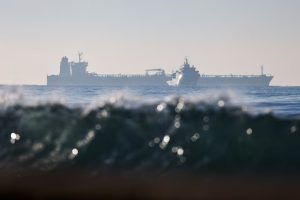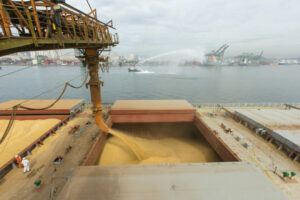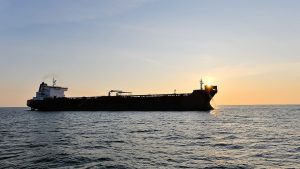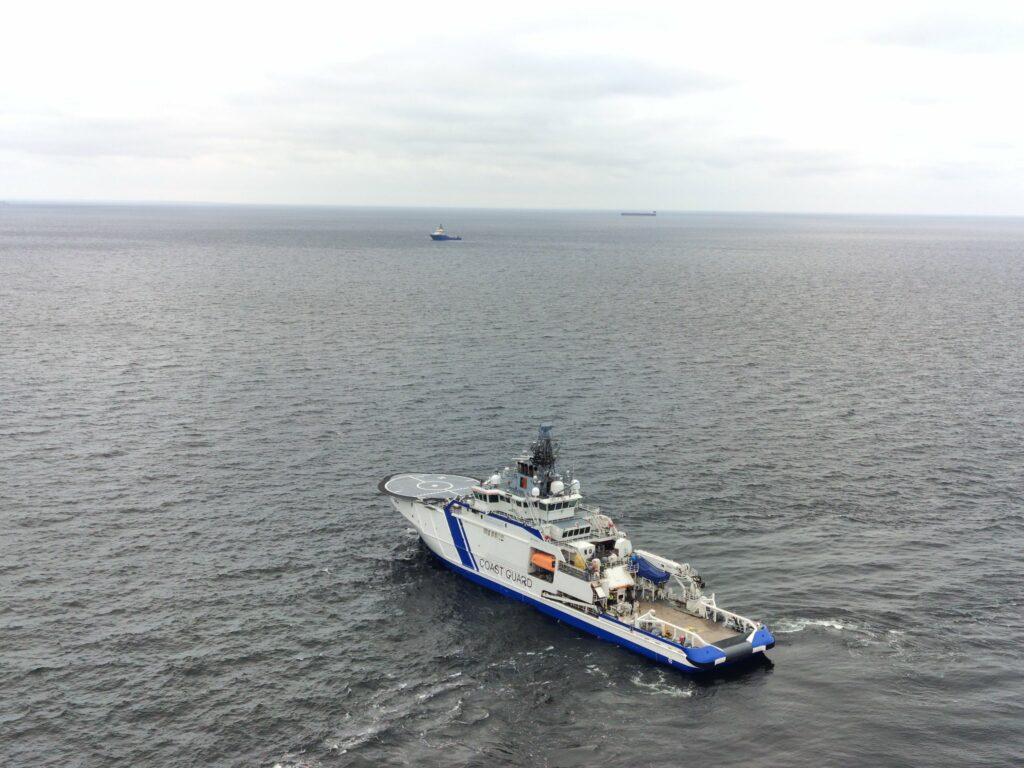A mass of jellyfish contaminated with fuel oil washed up on the coast of the Odesa region

In the Odesa region, a mass release of jellyfish contaminated with fuel oil from Russian tankers was discovered on the coast.
A mass release of contaminated jellyfish of the Aurelia aurita type was recorded on the coast of the Tuzlivski Limany National Park in the Odesa region, said the head of the scientific research department of the national park, Ivan Rusev.
“While examining one of the sections of the national park the other day, we discovered 2 km of the coast on which many jellyfish of the Aurelia aurita species were thrown out. We counted 2-3 jellyfish per 1 m of the bank only on the sand, on the border with the water. And in general, only on the sand near the water there were almost 5,000 small jellyfish ranging in size from 2 to 10 cm (an average of 5 cm). There were more of them in the water on the shallow shelf, but it was impossible to count them,” he wrote.
Rusev noted that this is the first such observation by him and his colleagues on the sea coast in winter. And jellyfish of this species usually stay in the deep sea, and only a few representatives approach the coast.
According to Rusev, the jellyfish probably consumed nanofractions of petroleum products along with plankton.
Earlier, USM reported that kilograms of fuel oil were collected in the Odesa region, which washed ashore after the accident of Russian tankers in the Kerch Strait.
Also on January 27, the head of the Odesa Regional Military Administration Oleh Kiper reported that the administration held an extraordinary meeting of the commission on TEB and emergency situations. The main issue is the prevention of an ecological disaster in the Black Sea.
Later it became known that the port of Odesa will purchase boom fences to localize emergency pollution in the open sea along the coast.





